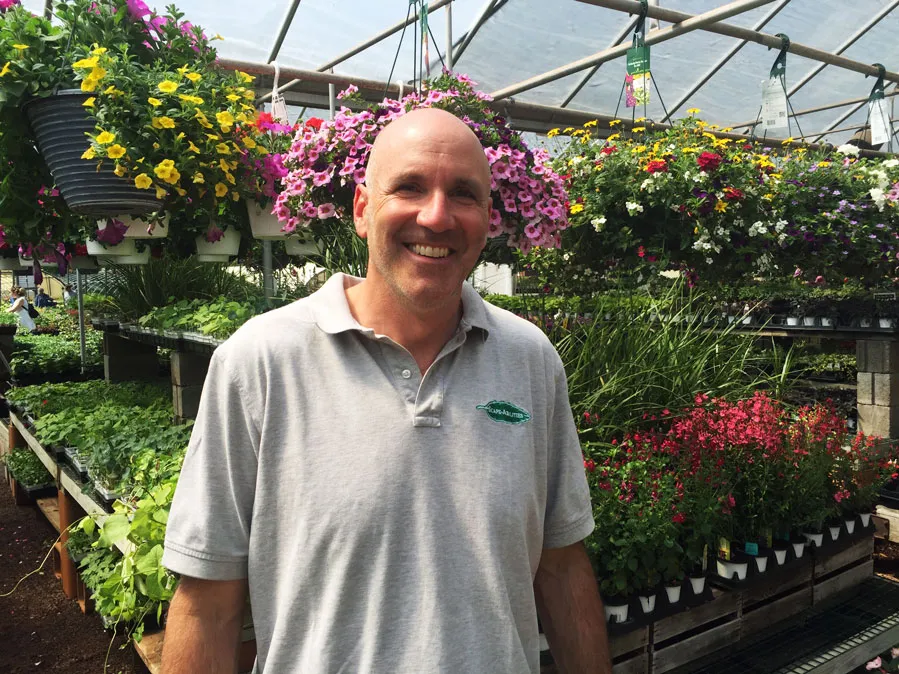Xeriscaping: Transforming Landscapes with Water-Wise Solutions
About the Author: As a landscape designer with years of experience in sustainable landscaping practices,
We recommend the following basic services to get started: A Lawn Care program, Lawn Cutting, Beautiful Beds or Pruning, Leaf Service Removal and Spring Clean Up.
March is when the lawn care generally kicks off, as long as there isn’t snow on the ground. As soon as the grass starts to grow and the ground conditions are favourable, give the lawn its first cut of the year.
Mid- to late spring is mulching season-that’s when the soil is warming up from the freezing temperatures it experienced all winter.
In most cases, lawn clippings should be deposited right back onto the lawn. They’re full of nutrients the lawn can recycle and put to good use. Even leaves, to a certain extent, can be mulched and left to feed the soil.
An ideal height for grass generally is about 2 1/2 – 3″ inches. And at each mowing, you should only be removing about the top 1/3 of the grass blade.
The best time to water your lawn is early morning between 2am-7am when there’s less sun and heat, and the watering will not extend the lawn’s period of being wet. If you have a sprinkler system installed, set it to these times
Early fall is the best time to plant new grass. The temperatures are starting to cool down and weeds are not prevalend. It’s important to seed before the cold weather sets in.
Fertilizer is important and provides proper nutrients to your lawn. Regular fertilization will stimulate grass growth and help your lawn fight environmental stresses like cold, heat, drought, weeds and foot traffic.
Mulch is a protective layer on top of your soil that helps retain moisture and moderates soil temperature for your plants. It also helps to prevent weed growth. Mulching also gives your property a neat, well maintained appearance.
You can control weeds by applying a pre-emergent herbicide in early spring.
If you notice bare spots, dead patches of grass, brownish or yellow spots or bright green patches on your lawn you should contact your professional lawn care provider. Proper treatment is essential to eliminate lawn diseases and prevent them from spreading.
We do recommend regular pest care to reduce the presence of numerous outdoor insects and pests that can cause harm and damage to your lawn. Many of these insects are small and hard to see and can invade the soil and wreak havoc on your lawn. Scheduled treatments for pest control should be a part of your regular lawn care.
Pesticides that contain harmful or toxic chemicals can be dangerous. Although chemical treatments are sometimes necessary to clear up difficult lawn problems, organic solutions are a safer approach. Organic lawn care is a great alternative to chemical pesticide treatments
Organic lawn care is a great way to maintain a green, healthy lawn with natural, chemical-free products.

If you have questions, we are always happy to chat. Use the chat feature at the bottom of this page, or give us a call. But maybe the questions can be found here? Here are some things we hear asked frequently.
— Steve
Gardening Tips from Steve
About the Author: As a landscape designer with years of experience in sustainable landscaping practices,
Comments: 0About the Author: With a passion for creating picturesque outdoor retreats, I have spent years
Comments: 0